
Thursday Soapbox: Getting on a Soapbox!
News 19 MarchWe invited a broad range of speakers from our staff community to speak about a topic they were passionate about.
05 May 2022
Share
Jake Santitto - Campus Pastoral Associate (Students)
Dante’s divine comedy was one of those 'books you need to read before you die' but it was also a book that seemed too daunting to start. I had tried before, but only ever made a few chapters in before losing interest. I could not understand why it was so popular.
It was written over 700 years ago, after all, so how good could it really be?
Over the Christmas break I decided to pick it up and give it another attempt, this time with a 'friendlier' translation. It was still a tough read, but I found myself captured by the book, drawn into the story following the protagonist as he journeys through the 3 realms of the Christian afterlife, Inferno (hell), Purgatorio (purgatory), and Paradiso (heaven).
Whether you read it from a Christian point of view recognising the deeply interwoven theology that paints a beautiful/terrifying picture of the life to come, or out of a general interest in literature,
there is a wonderful array of analogy and insights into the human person and what it means to be human.
If you decide to take up the challenge of joining Dante for his expeditions through the Christian afterlife, you will immediately be faced with the terror of the Inferno, his most famous of the 3 books. This is a fascinating dive into how Dante saw the world and how our actions can make us more or less human. The Inferno is broken up into 3 segments where people are led astray by desires, violence and finally fraud. Yet far from being simply a description of human punishment Dante reveals with compassion the human condition and the logical realisation of the way they lived their life.
Now most people end their reading with the conclusion of the Inferno. I can understand why as there is almost a sense of weariness and fatigue that comes with spending time in such a hopeless literary space. However, Inferno is just the beginning of Dante’s journey. Shouldn’t we want the happy ending the Comedy promises?
Now Dante must ascend Mt Purgatory which takes the more familiar structure of the 7 deadly sins. Each terrace of the mountain brings Dante to encounter not only a new sin but also its remedy. One of my favourite examples of this divine logic takes place on the terrace of Pride where souls carry a boulder up the mountain. In life those souls which would always try to stand above others are now hunched over, bearing the weight of pride they created for themselves in life.
Then finally we reach paradise! The journey of Dante’s purification reaches its fulfillment. Paradiso is the most mystical and transcendent of all the parts of the Comedy. As Dante begins the climax of his journey, he must grapple with a range of different questions, like, why in paradise some receive more than others? When Dante reaches the end of his journey in the final chapter, we are given a description of God that must rate as one of the most beautiful to ever be written.
The Divine Comedy has helped elucidate for me what makes us human and transformed my faith in new dynamic ways.
Now I haven’t written this article solely to convince you to read Dante’s masterpiece (though you definitely should!). There is a multitude of classic literature that can offer infinite wisdom to a modern audience. Like Dante, they are not always an easy read and at times can be challenging and make us feel uncomfortable. We may now see the world through a different lens from these ancient authors. Whether that be changes in morality, science or custom, let’s not sidestep this precious literary heritage in favour of comfort or inoffensiveness. Rather, let’s try to discover the eternal truths that lie hidden in these works. So why not give it a try … take a journey with Dante.
Bio: Jake Santitto is a Student Campus Pastoral Associate at ACU’s Melbourne campus. He loves lifting heavy objects up and putting them down (also known as weight training!), taking quiet walks in nature, and drinking way too much coffee.

We invited a broad range of speakers from our staff community to speak about a topic they were passionate about.

Irish coffee has so many things happening all at once... just like the Catholic faith. Jeremy Ambrose, Campus Pastoral Associate (Staff) on the Melbourne Campus, having an Irish Godmother and wife, hi...
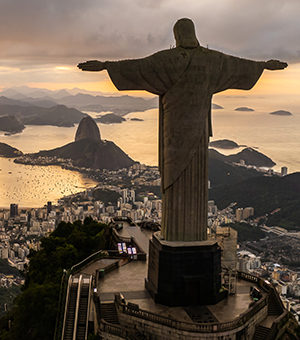
Who is God? Personal, and Alive! Nathan Costin, Campus Ministry Manager, reflects on the Lenten journey and the deepening encounter with Jesus to draw us closer to the living God.
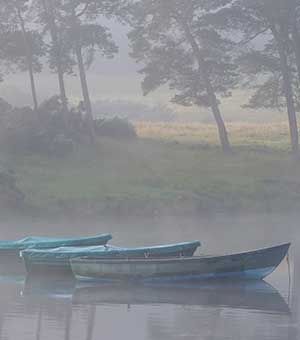
Synodality is our future and our reality". Maddy Forde talks at the NCEC conference introducing the concept of synodality from a young person's position
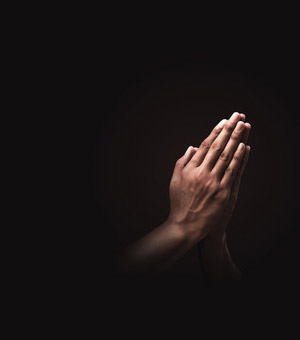
The miracle of the human body is epitomised through the healing vocation of Physiotherapy, and this skill is cultivated through the selfless gift of body donors.

Jean-Claude encourages us to 'keep our poker faces out of our relationships' and work on strengthening our integrity by becoming beacons of truth and goodness after reflecting on his recently viewed b...

By inviting others to share in your journey of real life experiences, disappointments, anxiety and fears makes us realise we are not alone. Gabby challenges us to surrender our burdens to feel humble...

“We are not made to be solitary, but we are made for community.” Paolo Grella reflects on his experience of community over the years and how it adds a vital element to life.
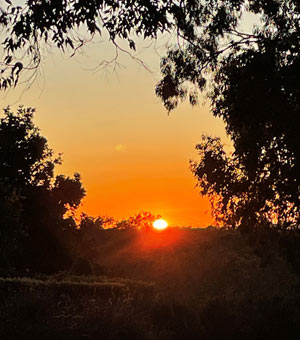
No matter how long the night, the sun will always rise! Colleen Tracey shares her recent experience with COVID-19 and reminds us to tap into the 'grace' in every challenge and obstacle, to remain pos...
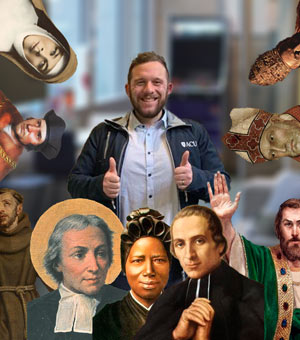
Saints, the great heroes of the Catholic tradition, faced challenges and adversity during their lives. Inspired by their feats and acts of virtue, Jake Santitto reflects on the challenges that they fa...
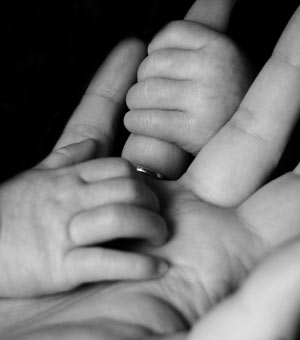
Hannah Scullion, Campus Pastoral Associate, talks about how experiencing pregnancy gives her a new and more relatable perspective on how she views her relationship with Mary, our spiritual mother.

How can we, with our individual power, use our daily choices to convey hope, support brave changes, and walk alongside our First Nations sisters and brothers? Maddy Forde, Campus Pastoral Associate ur...
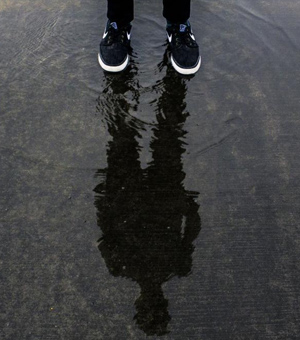
Society portrays a certain image of what masculinity is. Paolo Grella reflects on this and how his understanding has changed over the years, leaving behind words of encouragement for others.
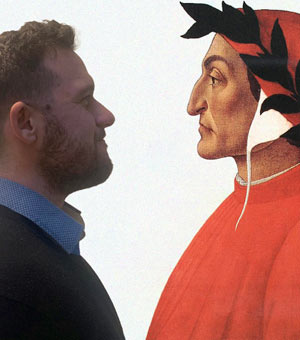
Join Jake Santitto, Campus Pastoral Associate (Student), as he dives into Dante’s divine comedy and is drawn into the 3 realms of the Christian afterlife to see how literature can transform your life ...
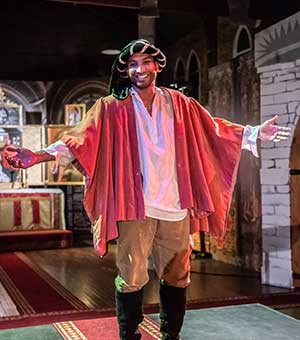
How can you be a fool for God, not only for one day but for a lifetime ahead? Jeremy Ambrose, Campus Pastoral Associate.

To lift up and give hope to those despairing, Colleen Tracey, Campus Pastoral Associate asks us to live in the here and now to embrace the grace and let the light of God's love come out of the darknes...
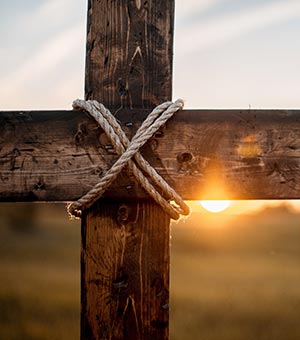
Father Harry Chan, Banyo Campus Chaplain, reflects on why God may seem so silent when we are experiencing the tough times in our lives.
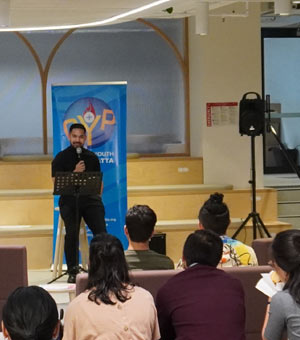
What makes thirty young adults gather at a university campus on a Friday evening? The promise of engaging conversation and encouraging formation, of course.

Processing the turmoils of life can seem almost impossible at times yet, Gabby Fernandes, Campus Pastoral Associate (Students), encourages us to take the time to stop and reflect to allow room for hop...
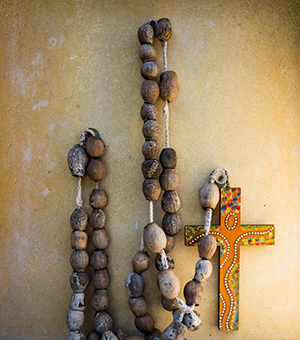
ACU is called to live out and express its identity and mission in a range of ways. At ACU, prayer is a way of acknowledging our commitment to seek the truth and is integral to the core mission values...